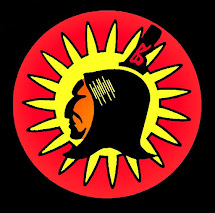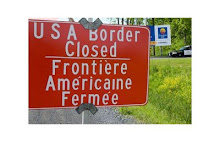"The specific kind of state tax obligation that New York's regulations are designed to enforce--which falls on non Indian purchasers of goods that are merely retailed on a reservation--stands on a markedly different footing from a tax imposed directly on Indian traders, on enrolled tribal members or tribal organizations, or on "value generated on the reservation by activities involving the Tribes," Colville, 447 U. S., at 156-157. Moe, Colville and Potawatomi." (From the Stevens opinion on Attea).
This is basically drawing a distinction from simply retailing a non-native product to non-native purchasers to avoid tax collection and selling a Native made product without tax. Even their courts consistently acknowledges the latter is not taxable.
Native manufactured brands are not "merely retailed on a reservation". They are developed, branded, manufactured, marketed, distributed and available, for the most part, exclusively on Native lands. They are often connected in name or design to our people as well. This distinction also separates taxing an Indian trader directly from the body of law that the states rely on to interfere with Native commerce.
At some point someone has to be bold and brave enough to assert our rights specifically and defend Native to Native trade. That didn't quite happen here. While I acknowledge the risks in providing the courts an opportunity create a precedent in ruling against the rights to trade Native to Native and Territory to Territory, I can't ignore the glaring concession made on the state's right to tax sales on Native lands.













![-[]-[]-/\-[]-[]-](https://blogger.googleusercontent.com/img/b/R29vZ2xl/AVvXsEjLoXmKO8PJVQ5pZ2q7GX7nFKw8H2tb28dxt-o10FUBNtOGszWhWoLB7tgjtMgtISpuSxNW3fcDxfuSS2DqojsdjNJ1lVggyUS374PnzsDbOhk4ukvtTunFQcyfkckZeBzcLbri4LDYN_E/s214/29-03-A-voice-from-the-Akw-.jpg)





No comments:
Post a Comment